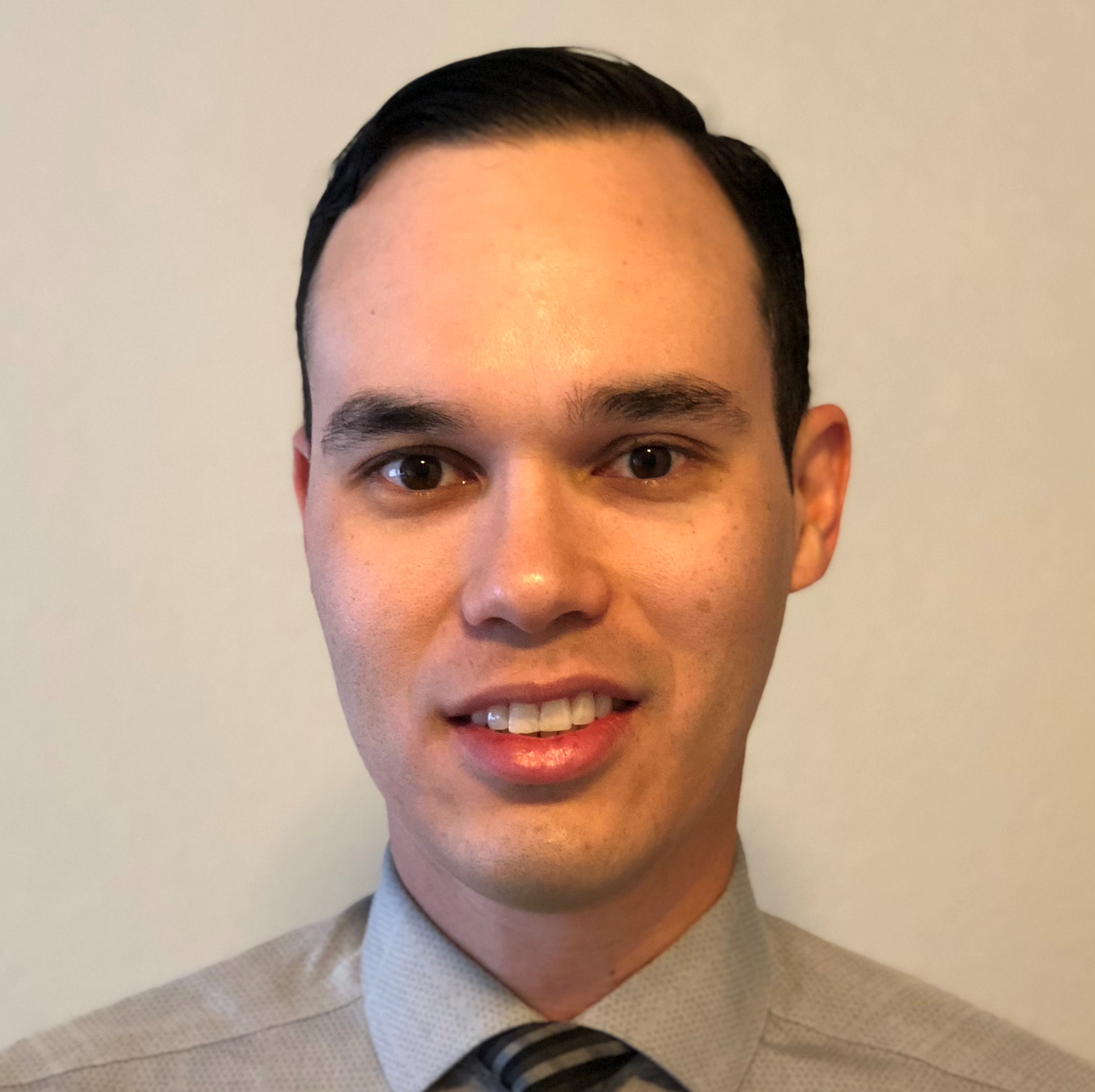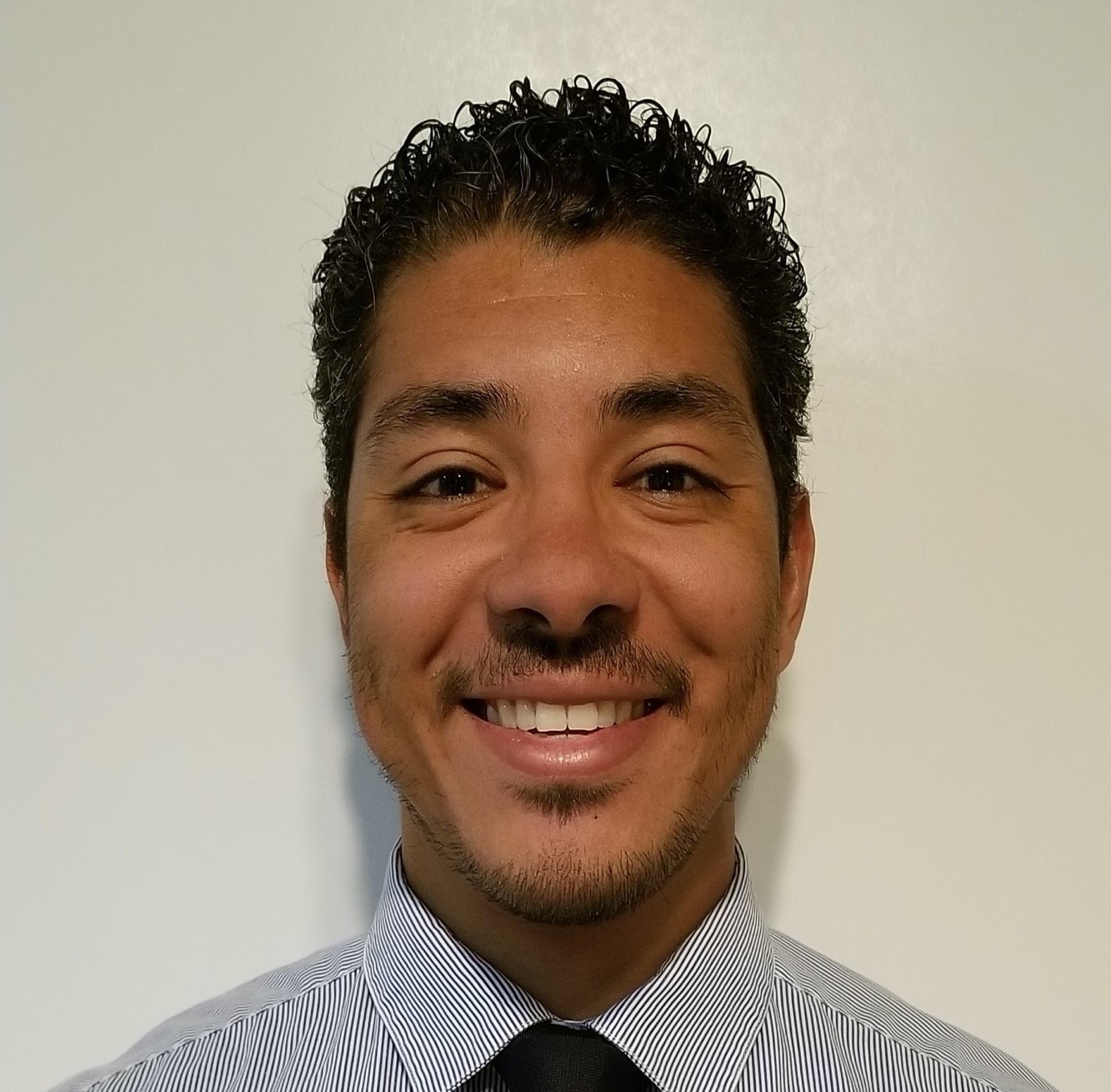Group Members

Cameron Turtle, MBBS, PhD, FRACP, FRCPA
Title:
Principal Investigator
Phone:
206.667.7073
Email:
cturtle@fredhutch.org
Associate Member, Clinical Research Division

Salvatore (Sam) Fiorenza, MBBS, MPH, PhD
Title:
Post-Doctoral Research Fellow
Email:
sfiorenz@fredhutch.org
Area of Responsibility:
Salvatore (Sam) Fiorenza is a hematologist and post-doctoral scientist within the Turtle Lab. He is interested in improving existing immunotherapies for blood cancers as well as creating new ones. He currently manages multiple projects including one which investigates how the epigenome of CAR-T cells affects CAR-T cell therapy outcome. In collaboration with the Walter Lab, Sam is also characterizing a novel CAR-T cell therapy for acute myeloid leukemia – a relatively common and unfortunately often fatal blood cancer.

Alexandre Hirayama, MD
Title:
Research Associate
Email:
ahirayama@fredhutch.org
Mail Stop:
D3-100
Area of Responsibility:
Alexandre Hirayama, MD is a Research Associate in the Clinical Research Division laboratory of the Cameron Turtle, MBBS, PhD working to elucidate factors impacting outcomes of CD19-targeted chimeric antigen receptor-modified T (CD19 CAR-T) cell therapy for patients with B-cell malignancies.

Erik Kimble
Title:
Research Associate/Acting Instructor of Medicine
Email:
ekimble@fredhutch.org
Mail Stop:
D5-100
Area of Responsibility:
Erik Kimble is a graduate of the Hematology and Oncology Fellowship Program of the University of Washington and Fred Hutchinson Cancer Research Center. He is interested in the development and optimization of cellular immunotherapies to treat blood cancers such as acute leukemia. His research uses CRISPR technologies to understand the mechanisms of resistance to CAR T cell therapy and inform strategies to improve the efficacy of these treatments.

Fred Hutchinson Cancer Center | 1100 Fairview Ave. N., Seattle, WA 98109
© 2025 Fred Hutchinson Cancer Center, a 501(c)(3) nonprofit organization.
© 2025 Fred Hutchinson Cancer Center, a 501(c)(3) nonprofit organization.



